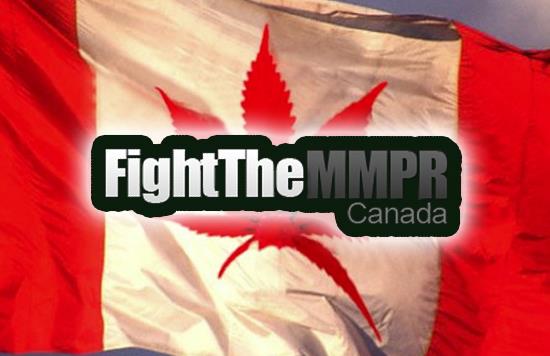Andrew Brown
Editor
As we approach Apr. 1, much anxiety looms over medical cannabis patients. April fool’s day marks the day the federal government has decided would be the best day to pull the plug on the current medical marijuana access program (MMAR)—a program riddled with access problems and bureaucratic mazes (among other things)—to a new corporate model (MMPR) that puts the program into the hands of big business.![]()
Patients won’t be allowed to grow for themselves or designate someone to do it for them, which will put the medicine out of reach due to cost. Average price per gram is being estimated to be around eight dollars, so for a five gram per day prescription it will cost approximately $40 per day, or $1200 per month—obviously not feasible for someone on permanent disability. Many patients have legitimate prescriptions for amounts far greater than that.
The new program simply isn’t an option for many, if not most, patients. Desperation will ensue and we will be seeing sick and dying Canadians being thrown in the back of police cars and in front of the courts. It is a guarantee that some people will continue to grow for themselves, while some will go to the black market.
The stigma is slowly on the wane, but a Conservative minority is clutching onto the bull’s horns and charging ahead while the rest of the country sparks up. In Harper’s home province of Alberta, things are especially bad. Medical patient and activist Lisa Kirkman has been forced to go on a hunger strike to bring attention to her reported denial of medical attention from Calgary hospitals. She says that she was “turned away from every ER and Urgent Care department in the city and every single one of my specialist appointments cancelled until further notice,” as Alberta Health Services has banned the use of medical marijuana in hospitals and they are refusing to accept her. It is a fundamental part of our rights as Canadians to have access to medical services.
Let us not forget that in 2002 the Canadian Senate, after a two year study, concluded that cannabis should be legalized. Canadians are more ready than ever for the flood gates to open. As baby boomers are feeling the pains of aging, more and more are turning to cannabis to take off the edge. It is fair to create a system of distribution that eliminates Health Canada, in fact it is quite welcomed, but personal growing has to be an option, and the compassion club model needs to exist for knowledgeable support to patients—not just a system of “you send me the money, I send you the weed.”




